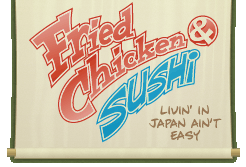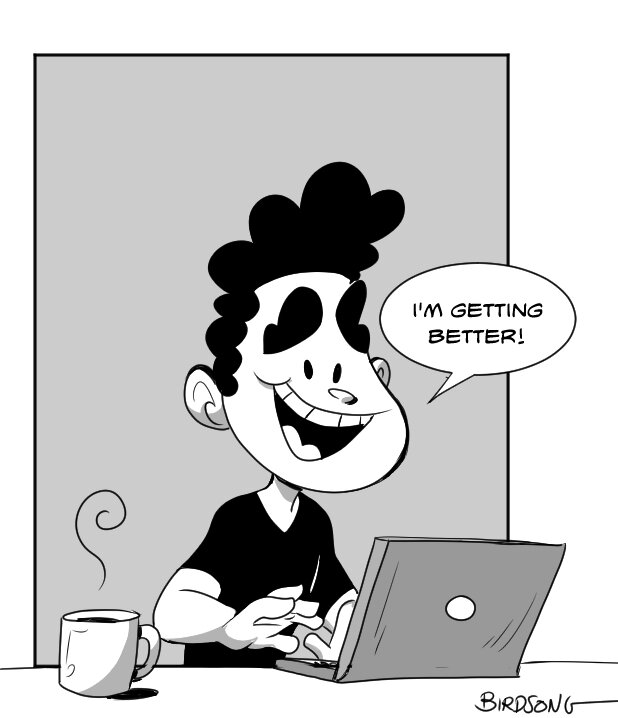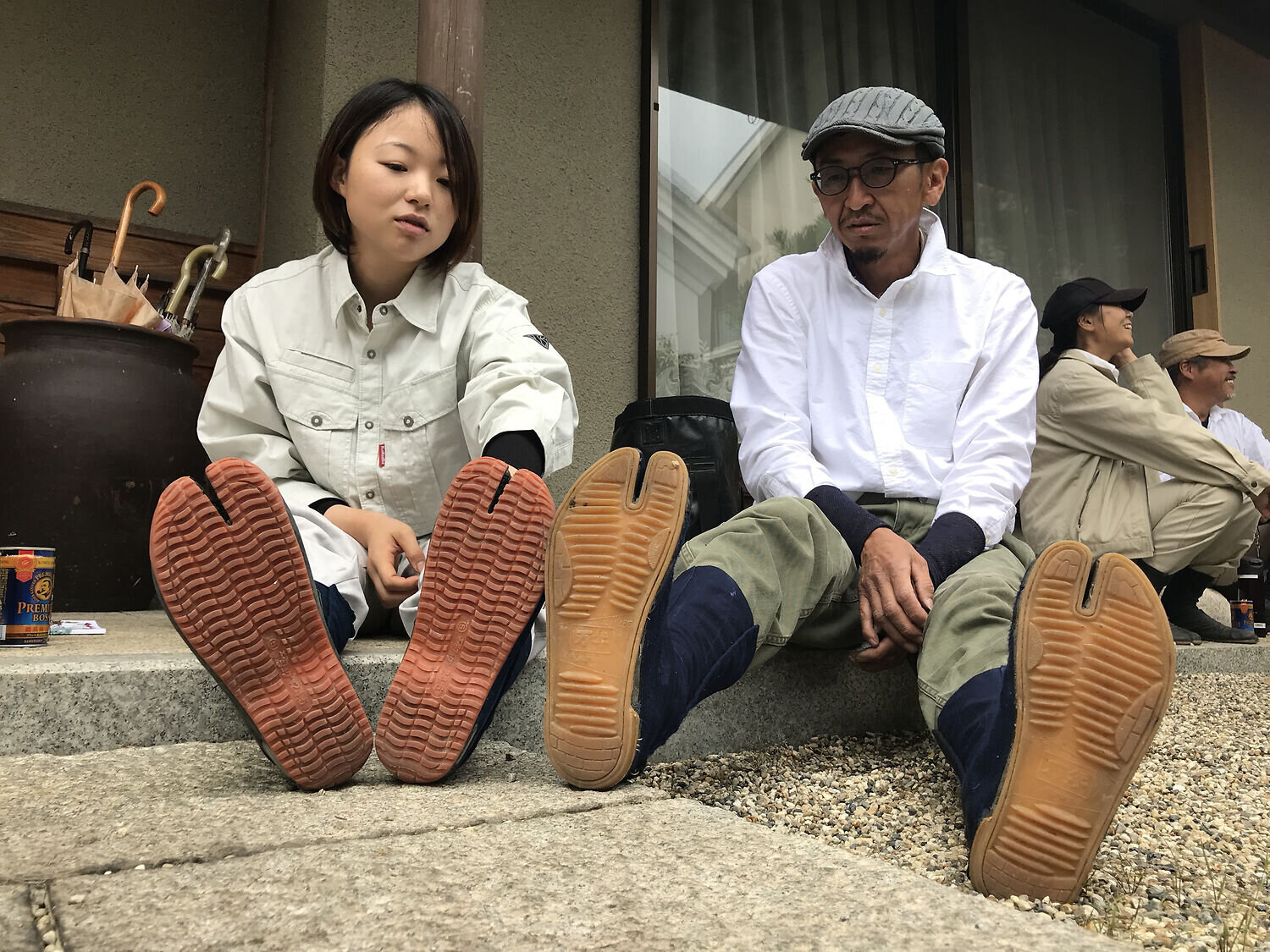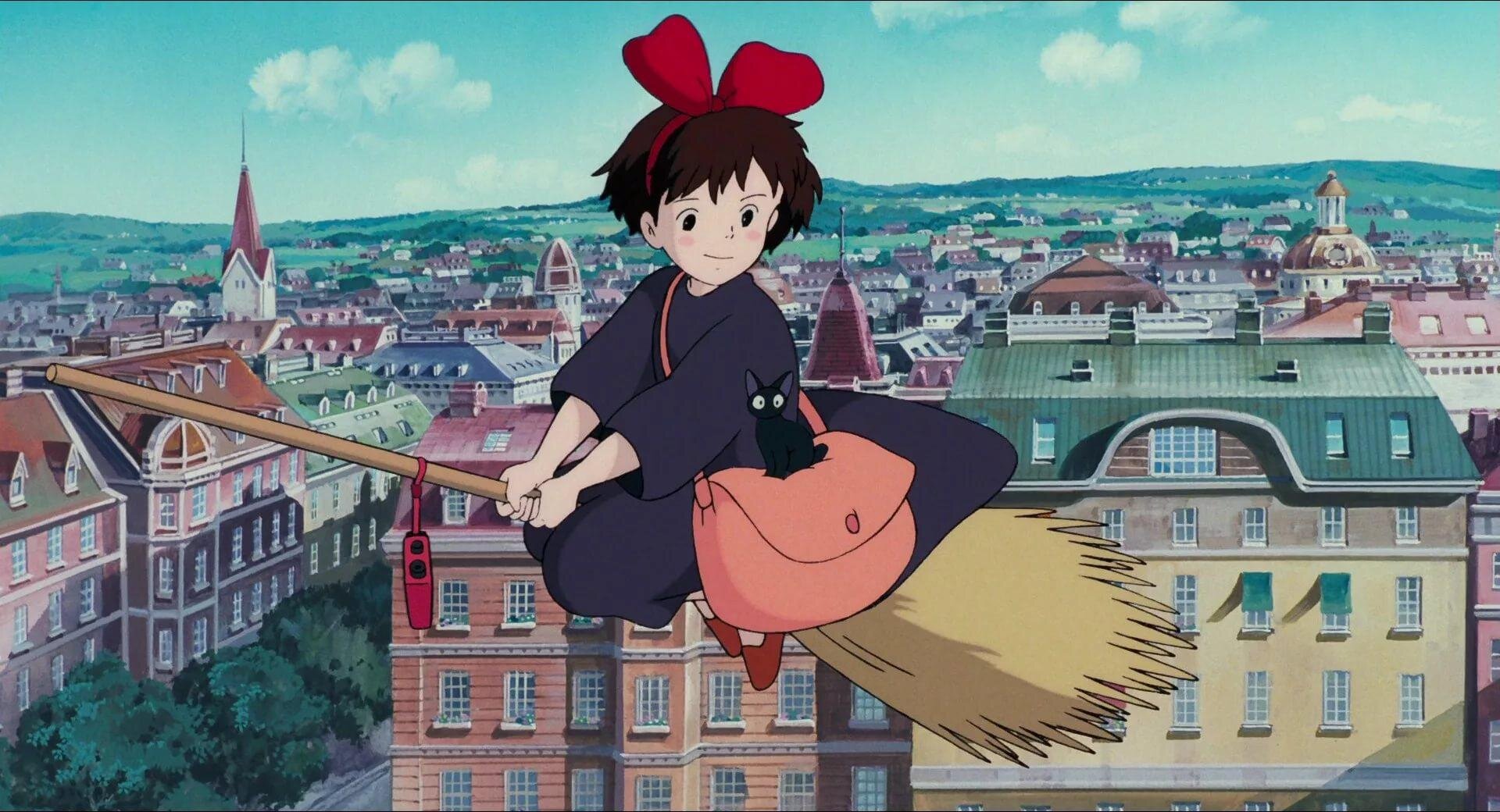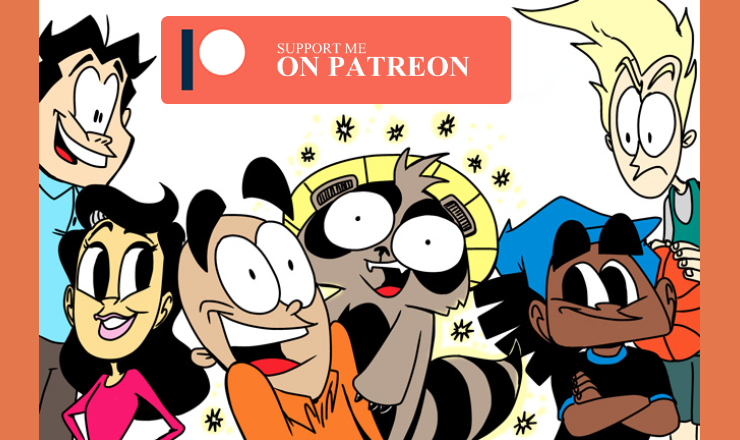Why Japanese Couples Never Say “I Love You”
/How genuine will it sound if you say it all the time?
In America, you dream of dating that perfect someone with hopes of hearing them say, “I love you.” Not only once but every day after. Gazing into your eyes and speaking those three magical words confirms the connection you both have for each other and also puts you at ease.
You know they want to be with you just as much as you want to be with them. All because of saying one little phrase.
It’s not the same in every country. I learned from living in Japan for two years, dating my wife, and now visiting with her for the past twenty—actions speak louder than words.
Saying “I love you” every day if you’re Japanese dilutes the feeling behind the words. I was surprised to learn couples there feel like you should show and not tell.
Or, you could look like a liar—someone who’s hiding something.
Why say the words when your deeds and actions make it very clear how you feel? Even in a Japanese family, you don’t have to show affection and use words to let loved ones know they mean a lot to you. Hugging and kissing all over your spouse? Nope. Telling your children, you love them? No way.
The fact that your delicious dinner was prepared with care and noticing the perfect way your clothes were folded neatly says it all. Picking up something your wife dropped right away and holding the door for her as you walk into a store are impressive gestures of love.
Even the tone of your voice to your partner speaks volumes. Small things, for sure, but vital to making your feeling for the other person clear.
I’m an affectionate person, and of course, growing up in America, I learned not only to show but to most definitely tell how I feel to express love. Learning to understand what my wife expected and needed in our relationship took time and a bit of trial and error.
Only one love language in Japan?
The idea of having different “Love Languages” popularized by author Gary Chapman in his book series, ‘The Five Love Languages’ has become well-known in the states. Some of us feel more loved when our partner tells us or gives us compliments, and others enjoy physical touch or having someone give them gifts or help them around the house.
To be clear, all of these are fantastic ways to show love, and you should add them to your relationship. Normally, though, one of them makes your partner feel loved deeply. So much so, if you don’t give love in the language they need, they could feel like you’re not meeting their needs and become unhappy or leave.
In Japan, I’m not sure it works the same. Showing your love is all about actions, and what you do and how you show your love to your partner is what matters—part of showing that love means avoiding conflict as much as possible.
Love means keeping the home a peaceful place while keeping your strong opinions quiet for the good of the family and your marriage.
Perhaps ‘The Five Love Languages’ book is translated into Japanese, but I bet the meanings are different. Can you even have a chapter on verbal compliments as a love language? Maybe it becomes the opposite — your partner loves you more, the less they actually say it.
Or, the book is just one long chapter: The Language of Action
When we were dating, I would meet my wife at a train station in Osaka to walk around together and find a place to eat. If I arrived there early, even if she weren’t late, she would be running over to me, looking rushed. Showing me how important it was for her to get there and be with me.
At first, I didn’t understand the importance of this and told her she didn’t have to run over to meet me. Especially if she’s not late, but she didn’t stop doing it. After several dates, I realized how much she cared and wanted to show me how eager she was to meet for our date. It was a sweet gesture.
My love language is more about getting affection, but over time, I grew to appreciate the power of someone I love doing and showing how much they care by treating me each day.
There’s more to love than just saying it
Anyone can say they love you, but can they show it with how they treat you day in and day out for many, many years? I have experience, but I know I’m no expert, but it seems in Japan, you get more respect if you prove love lasts without only saying words.
Life in Japan is tough. People work long hours, commute far to work, and there are pages of cultural rules you must follow to fit in and be considered a good citizen. When you can make life a little easier for your partner by reducing their stress at home or showing them someone cares about their happiness, that’s huge.
I don’t believe, though, this means every Japanese wife is quiet and docile, bowing and obeying their husbands every want and need. Every husband is silent and ignores his family. Maybe some are, but most couples learn how to express their opinions and be honest with each other in a non-threatening way to keep a loving relationship alive.
There are times when so much can be said and understood with just a look or a subtle change in tone of voice.
The ones that don’t figure it out, who yell at each other back and forth, aren’t going to last long. It’s like that in America too, you say? Yes, but in the states, it’s easier to accept the passionate release of honesty as a way of learning more about your partner down the line. It’s a part of our culture of freedom of expression.
Making it a point to not only show love but garner respect over time is paramount. Going through all the inevitable tough times, life throws at you will prove much easier when you have someone who respects you as a person by your side.
My wife and I have learned how to have a nice balance between quiet yet open honesty and showing love through actions. I bet we’re not as loud as other couples when we’re angry with each other, a lot of using the silent treatment, but we know how important we are to one another and work things out.
In terms of long-term relationships, especially in Japan, respect is even more important than a passionate love affair.
In conclusion
You can add some Japanese forms of showing love by doing more little things for your partner. Helping them put on their coat, helping them set the table for dinner, holding your opinion when they’re complaining about work.
If you’re dating someone Japanese, be open to figuring out what works for you both. Discovering how many American and Japanese style relationship pieces to add takes time and is up to you.
Holding hands with your spouse is an accepted way to show love in public in Japan physically. I remember the big deal it was to walk with my wife holding hands in the street. Even bigger because I’m a tall African American, there was no hiding in public.
We hold hands together today when in Japan while walking together and, even though it’s a small gesture, it still feels special.
My wife and I say “I love you” to each other each day, but that’s because I shared what it means to me early on in our relationship. I’m sure because I’m not Japanese makes it easier for her to accept and enjoy hearing it from her husband.
You might not fully understand how another culture handles relationships, but it doesn’t mean they’re doing it wrong. It’s just different.
Opening up to new ways of expressing love can help you and your relationships grow.
Want more? If you’re struggling with making authentic work, click here to join my (free) email list, and through comics, articles about culture, and living your truth, you can discover how to upgrade your mindset and share your creative writing and art with the world.
